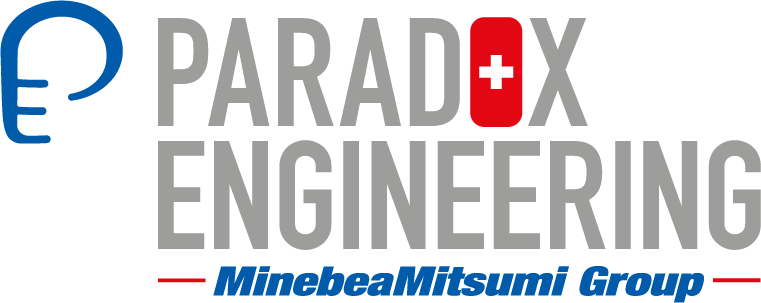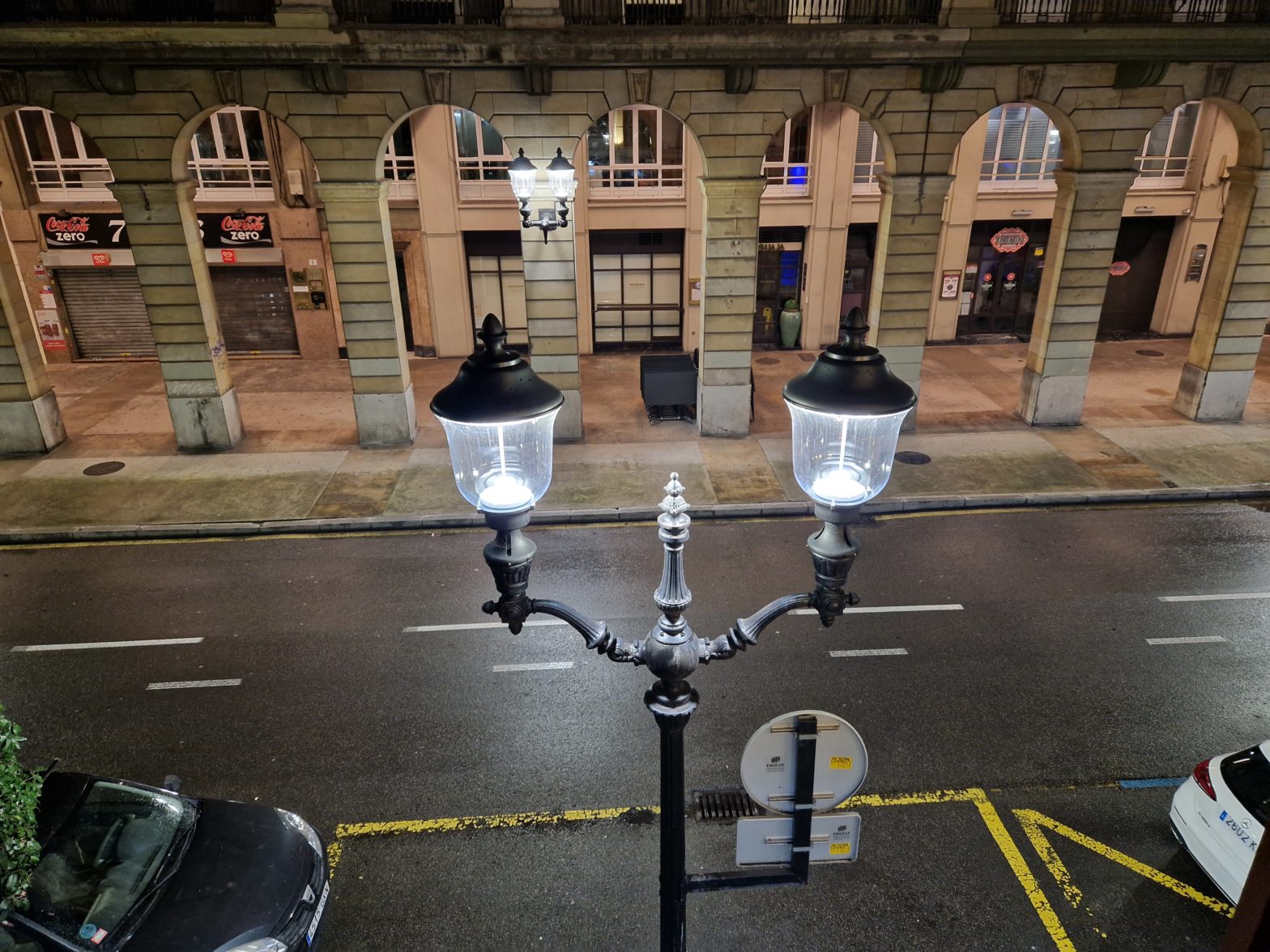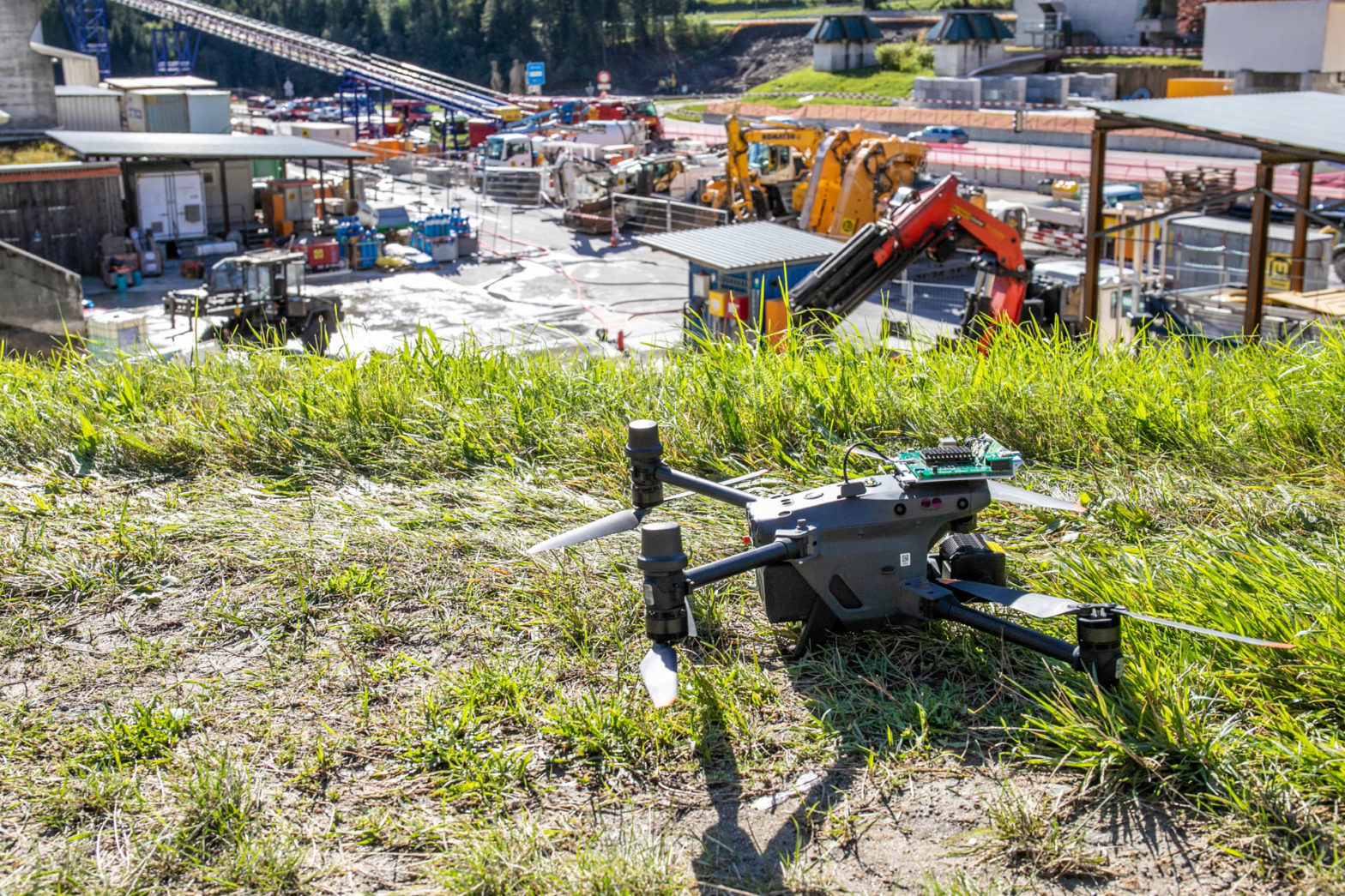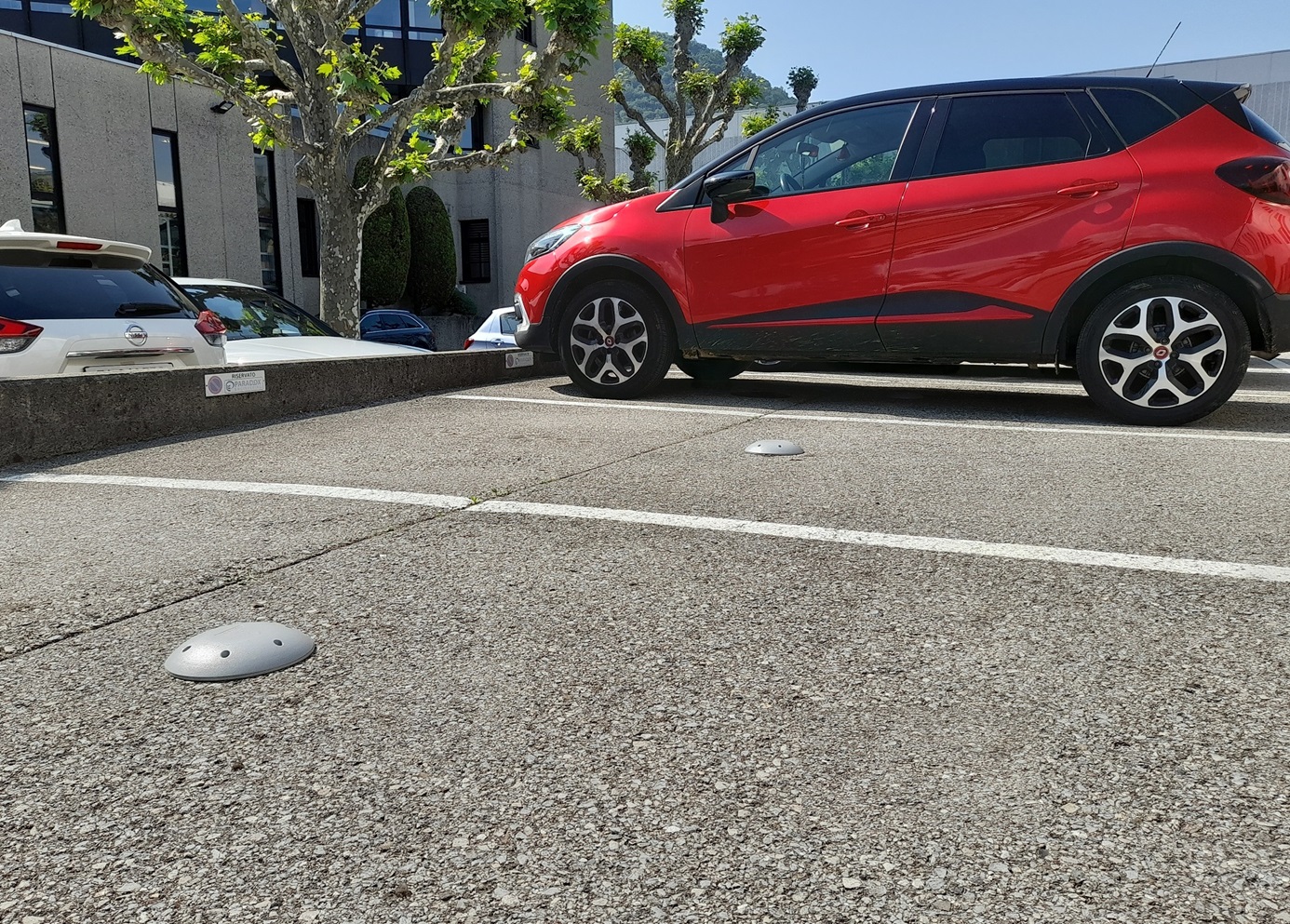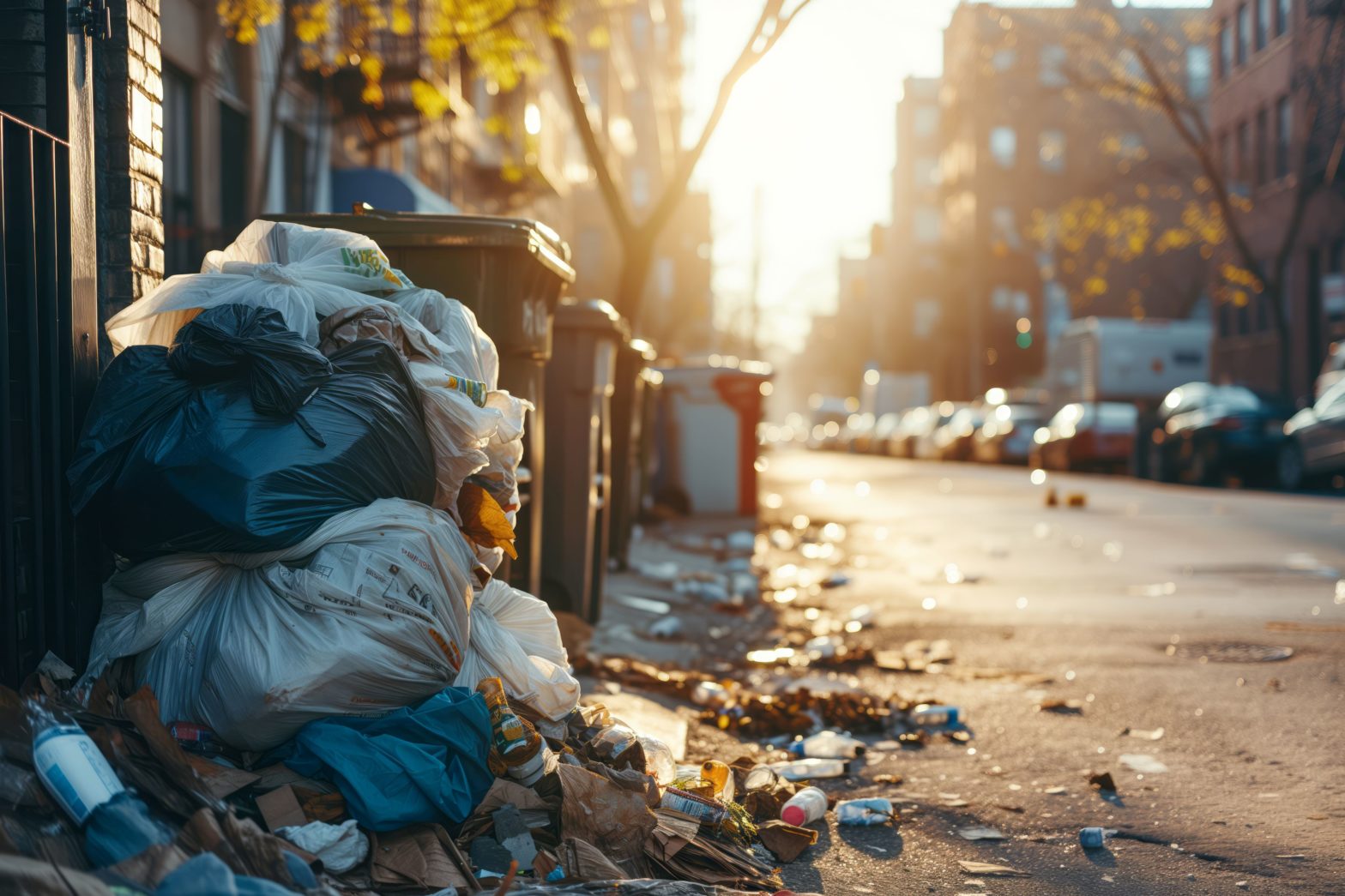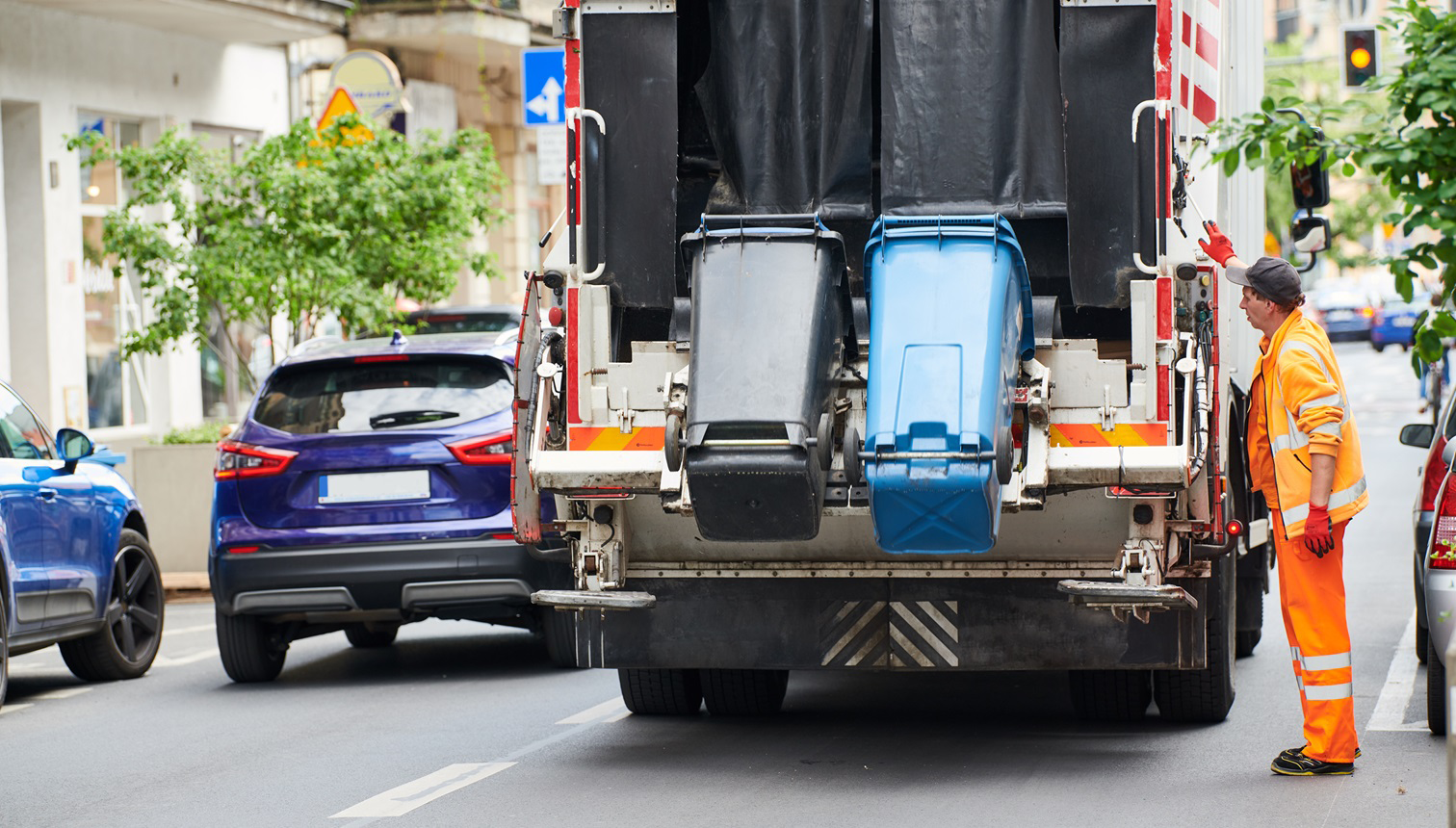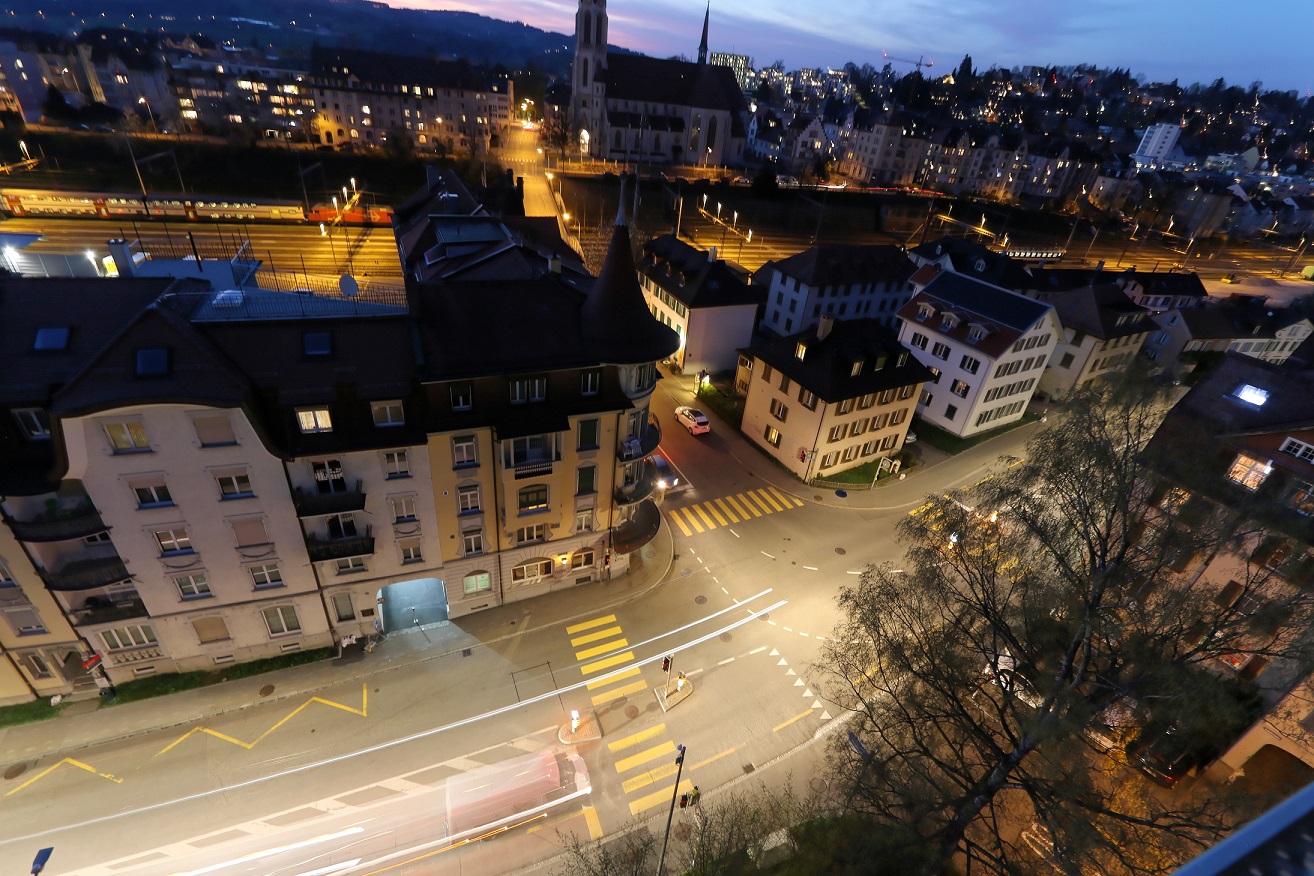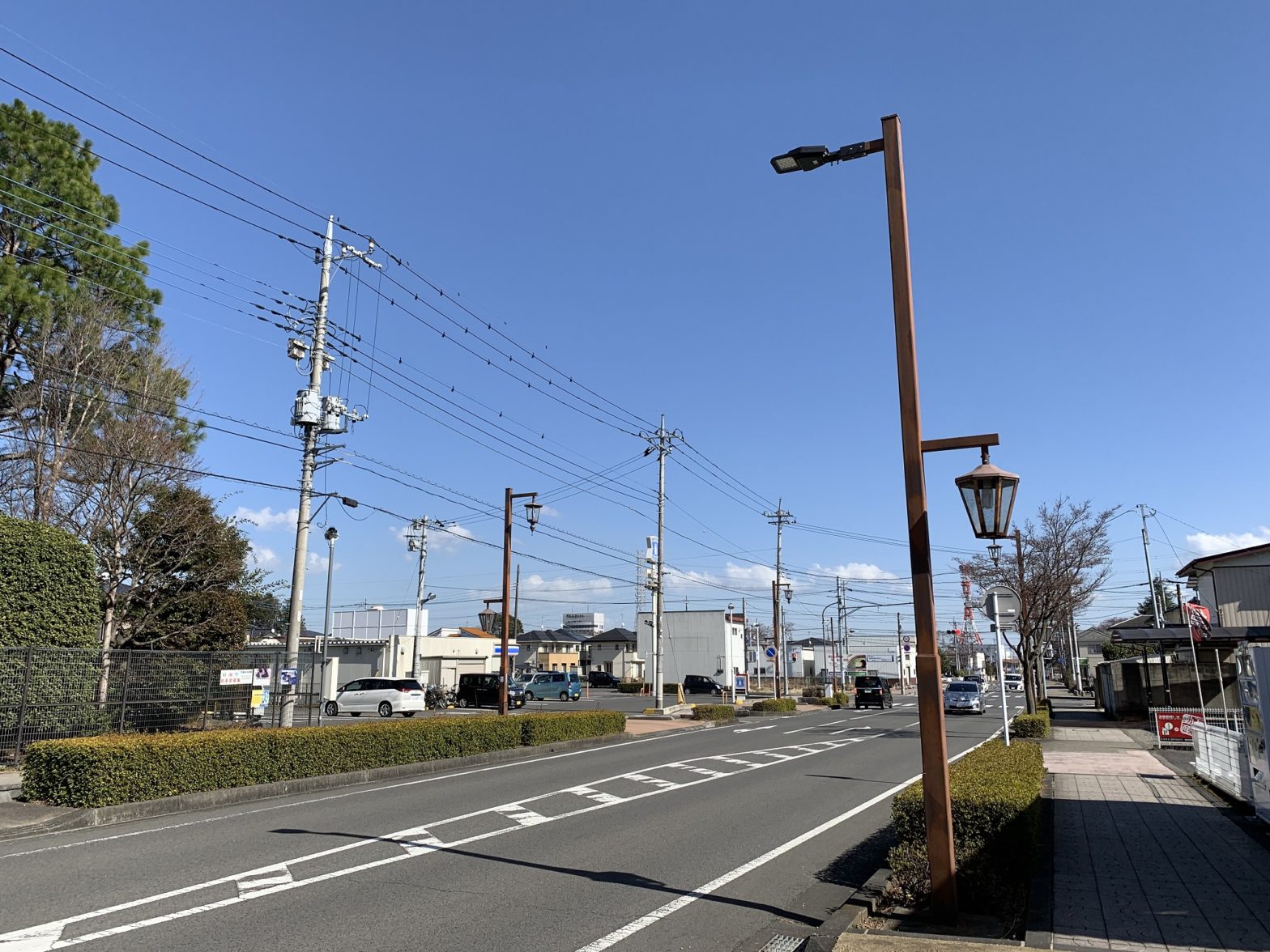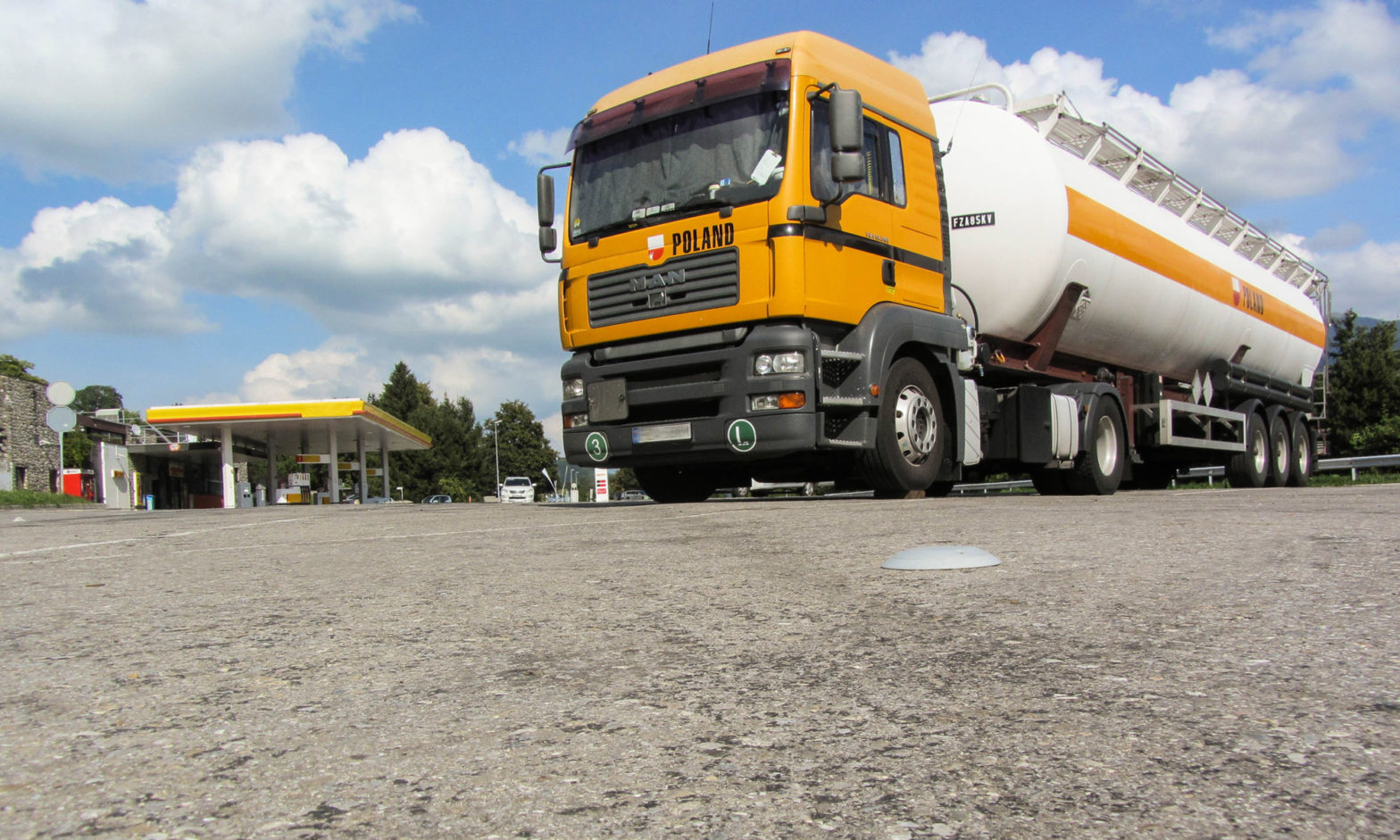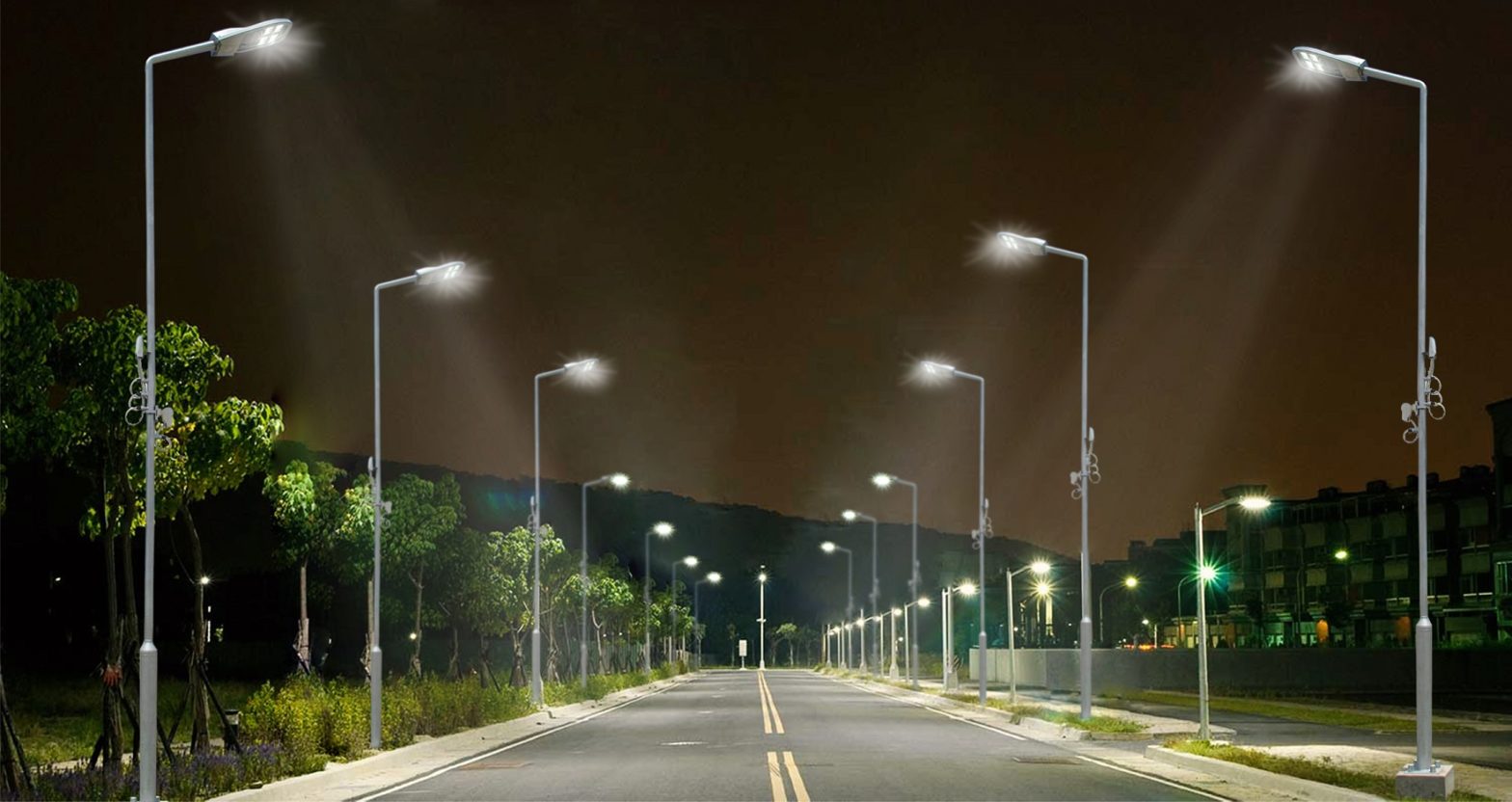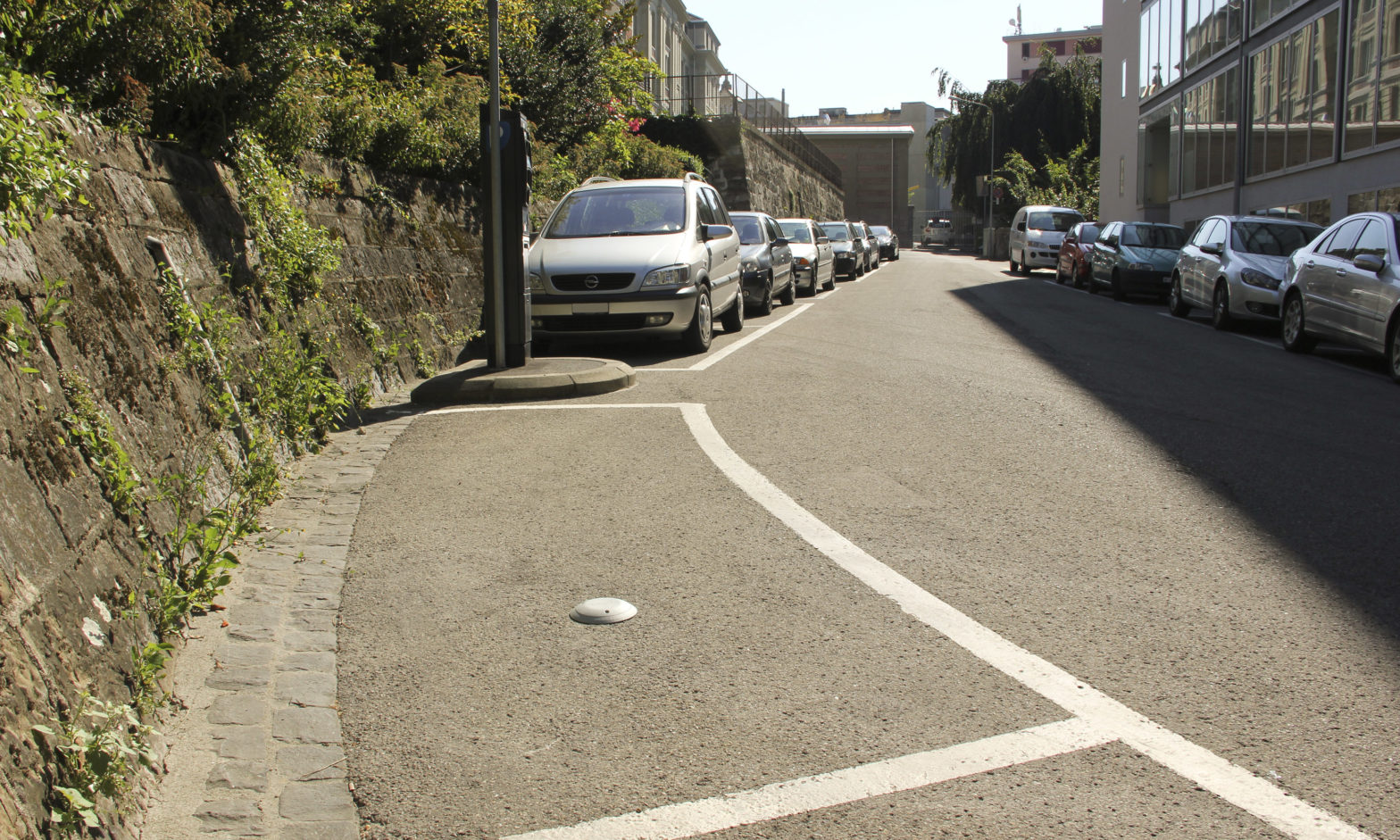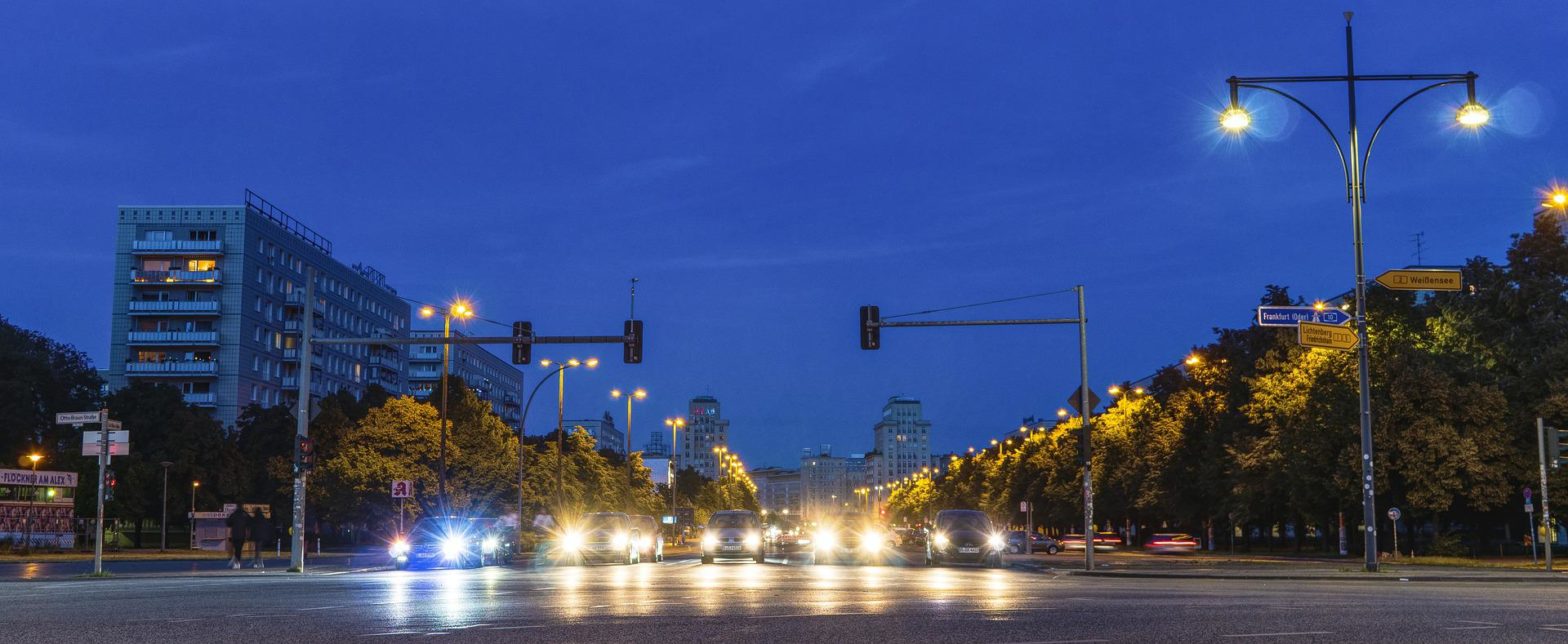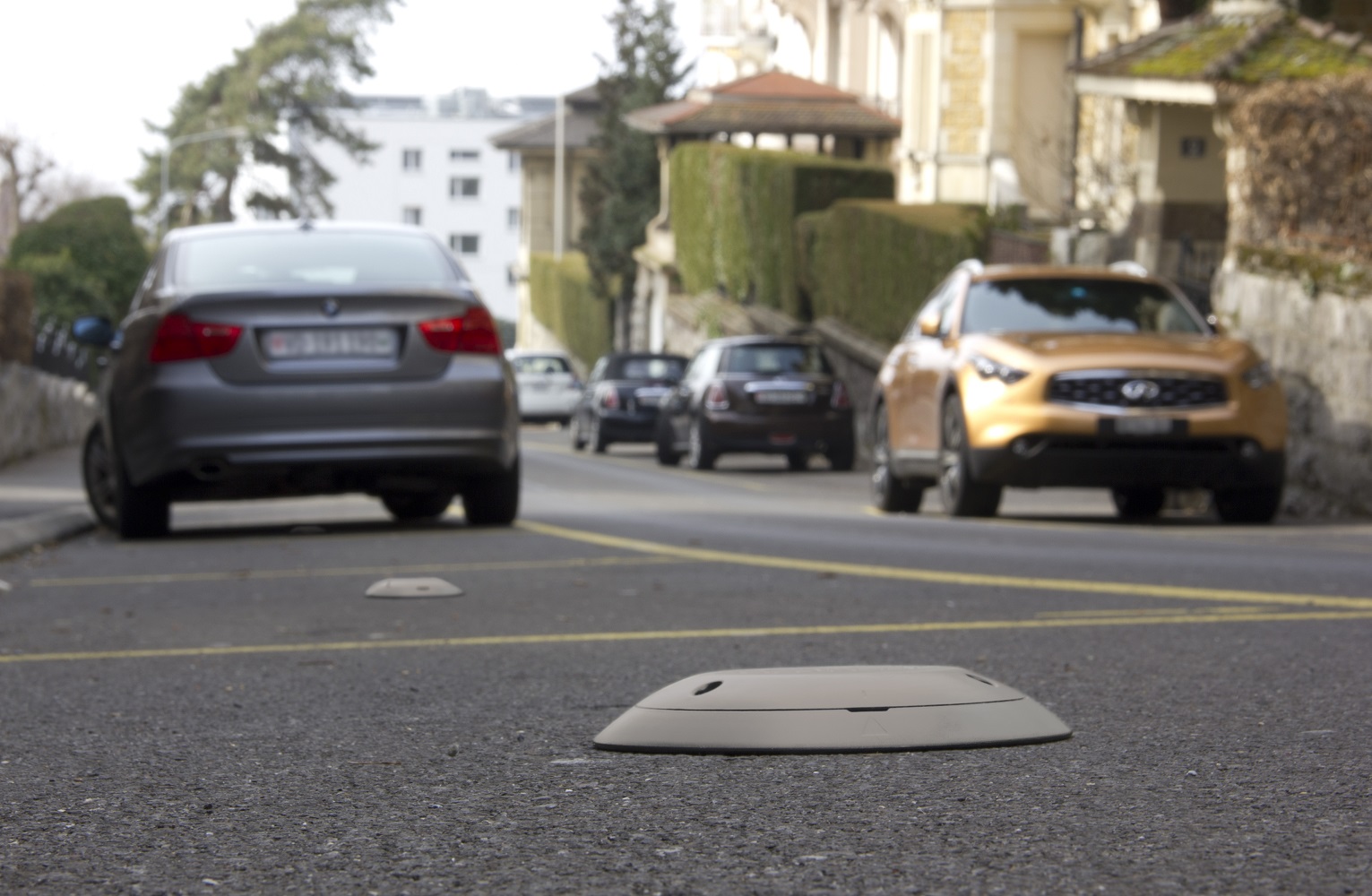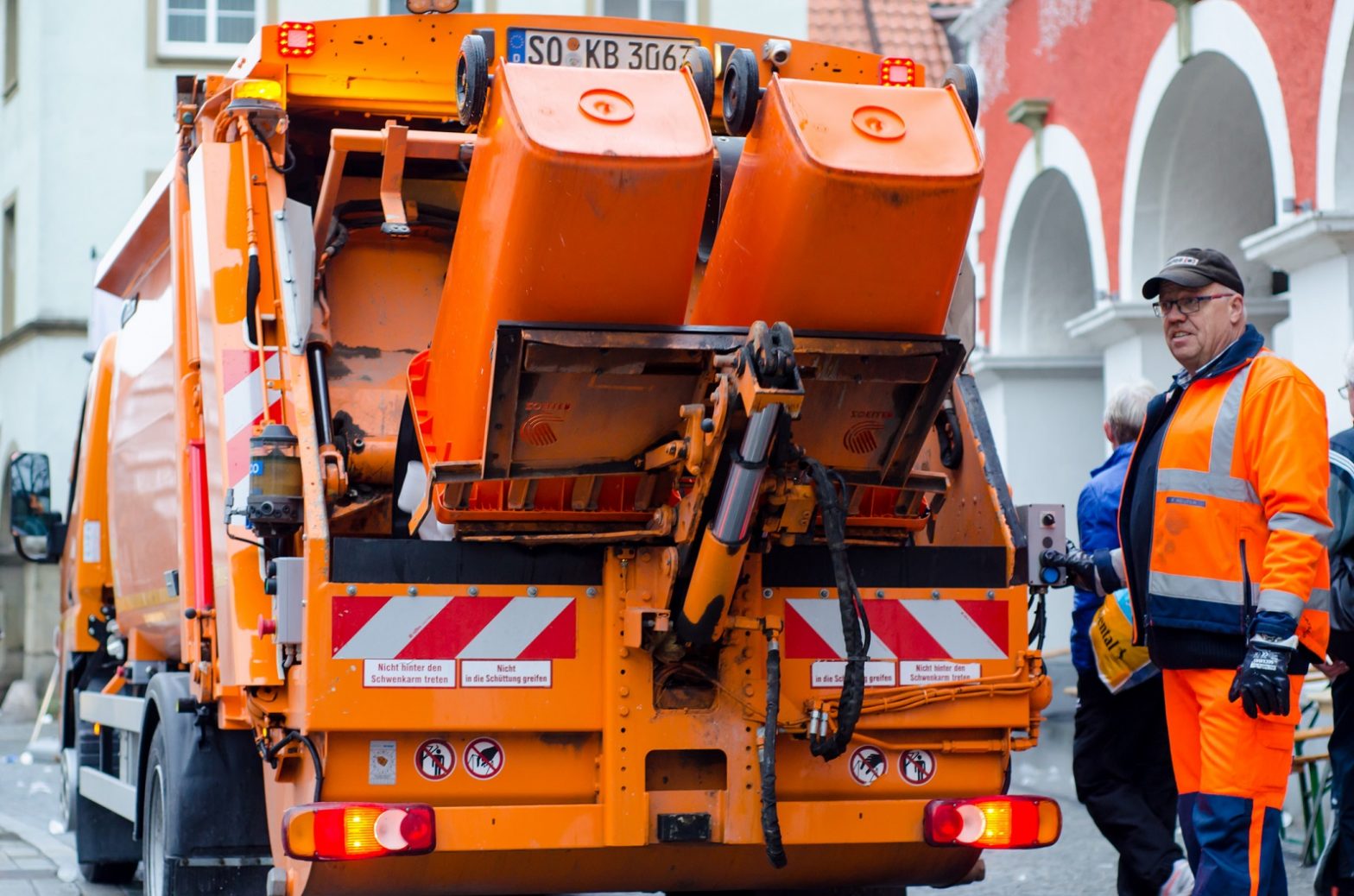
Photo: smart-waste_dreamstime_m_142374804
Smarter waste management to improve quality of urban life
27 November 2020
Living in a clean, healthy and safe city is fundamental for most people around the world. Essential services such as trash collection are taken for granted but when something goes wrong, waste quickly turns into a highly visible issue and emotive subject.
Pre-pandemic data stated that in Europe each person produces nearly half a ton of municipal waste per year, which means that every week more than 20 kg of municipal waste is generated per household (data source: European Environmental Agency). Preliminary reports from the US show that Covid-19 saw commercial waste decrease about 16 percent, while residential waste increased up to 25 percent in most cities (data source: US Environmental Protection Agency).
This posed serious challenges for the proper treatment of waste: preventing distortions in waste management, including efficient collection and recycling, is crucial for public health and safety, as well as for the environment. Waste operators are working hard to ensure quality of service and at the same time keep costs under control.
“Most cities used to have a reactive approach to dealing with waste management, thus investing only in light of emergency situations, or when pushed by regulatory compliance issues. Increasingly asked to contribute to recycling targets and the circular economy, cities are now becoming proactive and looking at waste management not as an expenditure item, but as an opportunity to improve the quality of urban life,” says Gianni Minetti, CEO at Paradox Engineering.
Pain points in municipal waste management
Waste collection typically accounts for 10 to 25 percent of a municipality’s budget, and it represents high costs and poor performance almost everywhere. Independent studies reveal that 15 percent of bins are generally over-full, increasing health and environmental risks, and making town centres and districts ugly.
Cities tend to solve this by increasing the frequency of collection. Consequently, bins are emptied when they are only 40 percent full, so waste collection costs rocket. Further, it is difficult to monitor bins in a timely way, including replacing containers that happen to be vandalised or moved without authorisation.
An alternative strategy might be shifting from door-to-door collection to voluntary drop-off, but results are not always brilliant. Take an example relating to glass waste. In a town of 100,000 inhabitants, a comparison between the two options proved that beyond the 40 percent threshold, voluntary drop-off is less expensive for service managers, but also less effective.
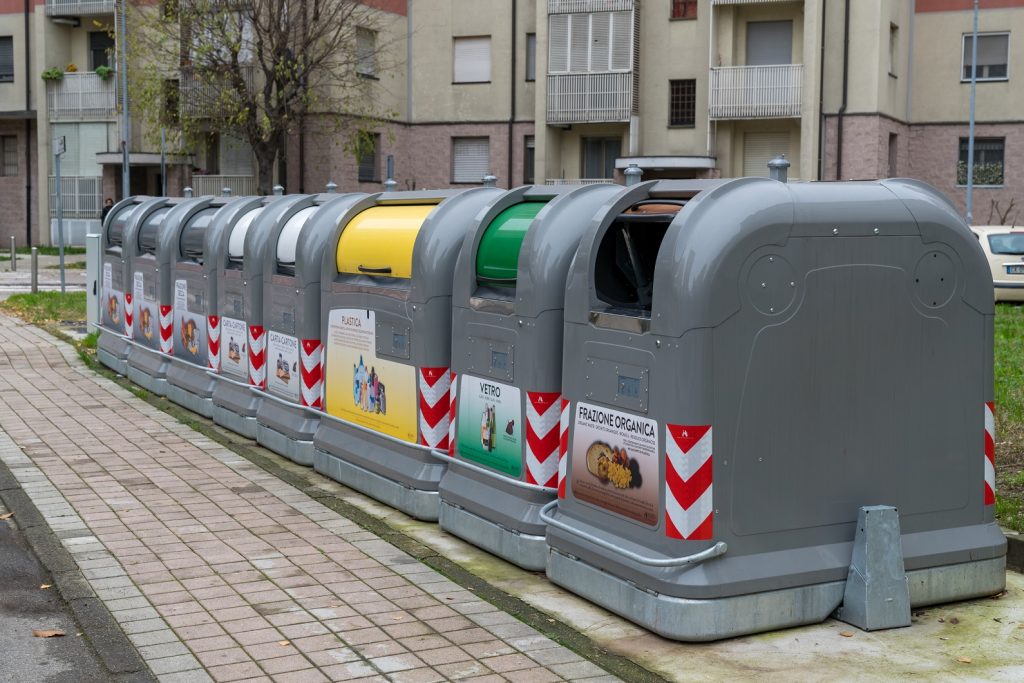
The case for an IoT-based smart waste solution
Smart waste solutions leveraging Internet of Things (IoT) technologies allow trash bins to be remotely connected and monitored, with data showing the fill level and the date and time of the latest waste collection, and generating alerts in case of fire, vandalism or unauthorised bin movements.
“Data is key for making any smart decision. By analysing bin-generated data, and correlating it through an intelligent routing software, waste operators can predict when containers will need emptying and dispatch trucks when really needed, or when the city prefers. This improves the quality of waste collection, generates efficiency and savings, and adds relevant benefits in terms of health, safety and liveability,” explains Minetti.
Service managers can also better plan their resources by assessing the appropriate truck fleet and equipment for handling the expected waste volumes and analyse filling patterns to take data-driven decisions about the quantity, capacity and location of containers. Alarms sent from bin sensors allow a quicker intervention when a garbage container is damaged or stolen.
Garbage-related data could also be monetised. This becomes possible through leveraging blockchain technology to transform single pieces of information into tradable tokens feeding customised applications. Waste input data can become an opportunity to introduce reward fees for correct waste separation and virtuous recycling.
From smart applications to open cities
A smart waste solution should not live on its own. Although valuable for trash collection, a city can make the most of its investment through adopting the principles of interoperability and openness. This means implementing an integrated, cybersecure network platform to host and manage multiple applications, from waste collection to street lighting, from parking management to traffic video surveillance, and more.
“Nowadays smart cities cannot be limited to connecting devices and automating services, with separated systems to manage single, siloed applications. Taking advantage of an interoperable and city-wide urban network, it becomes possible to mash up different data streams, create synergies and engage citizens and local stakeholders in open innovation cases,” comments Gianni Minetti. “Information is the new asset class for cities, and it is time to turn investments aimed at cost-savings into opportunities for sustainable, inclusive and long-term growth”.
Brought to you by:
About Paradox Engineering
Paradox Engineering is a technology company that designs and markets Internet of Things solutions for open cities and other smart environments. Established in 2005 and headquartered in Switzerland, the company is the IoT Excellence Centre of MinebeaMitsumi Group, a leading global provider of Electro Mechanics Solutions™, and controls Tinynode, which specialises in smart parking technologies.
For further information, please visit www.pdxeng.ch


